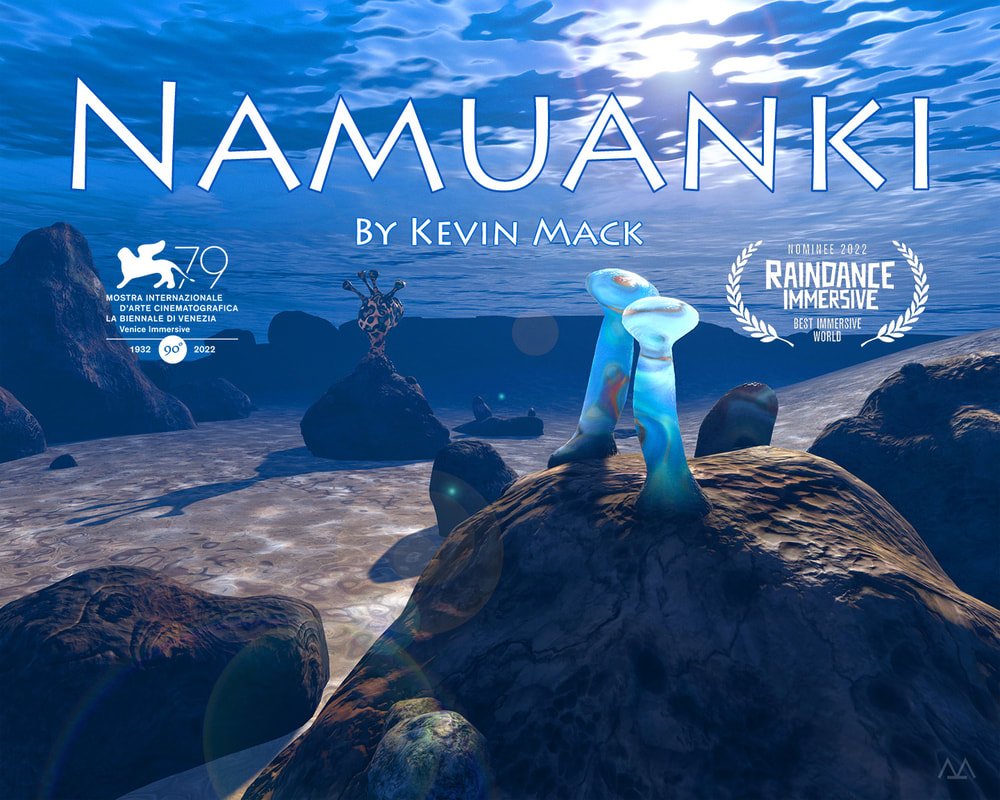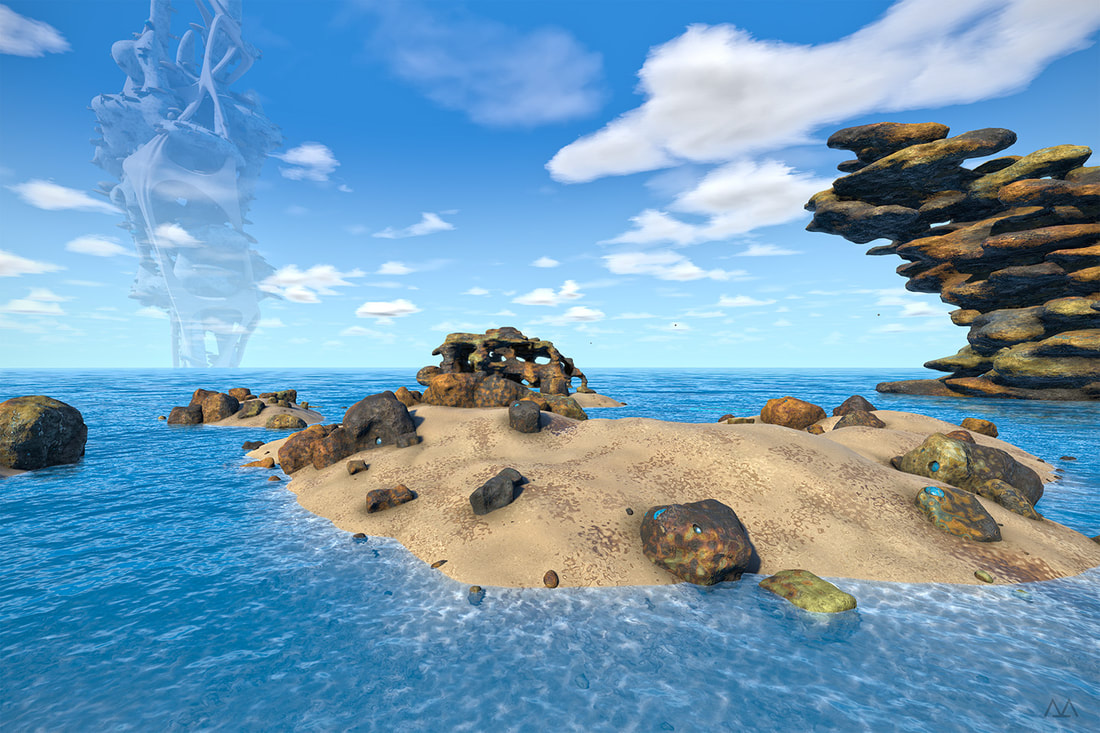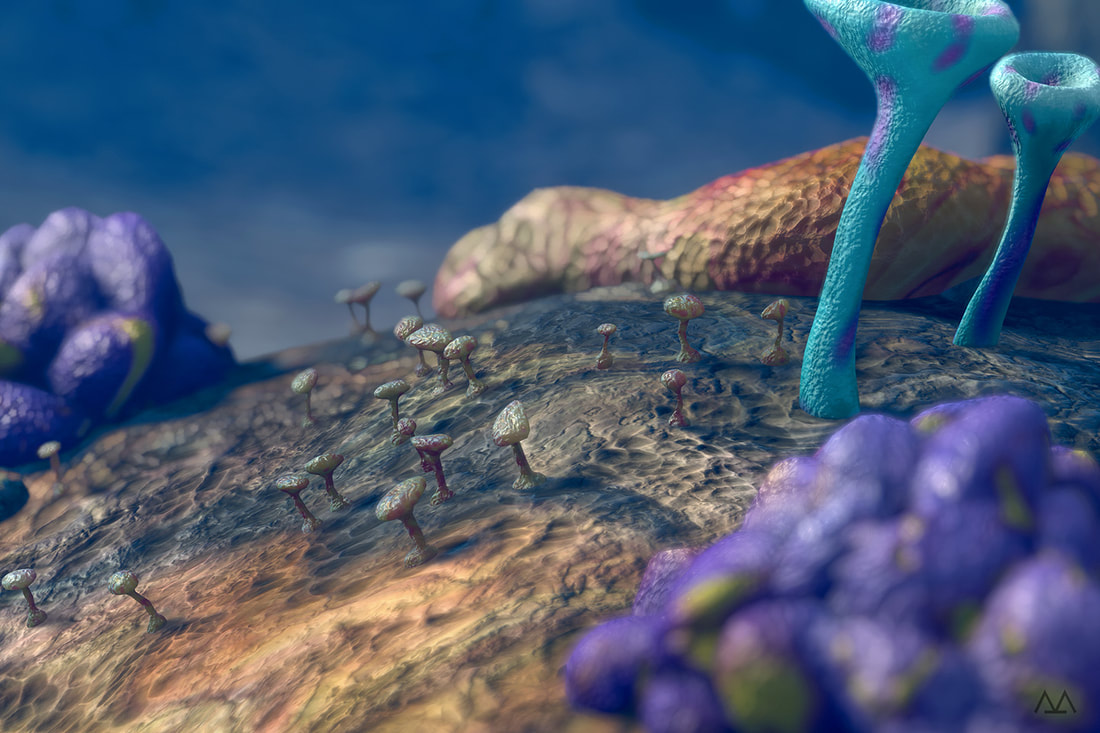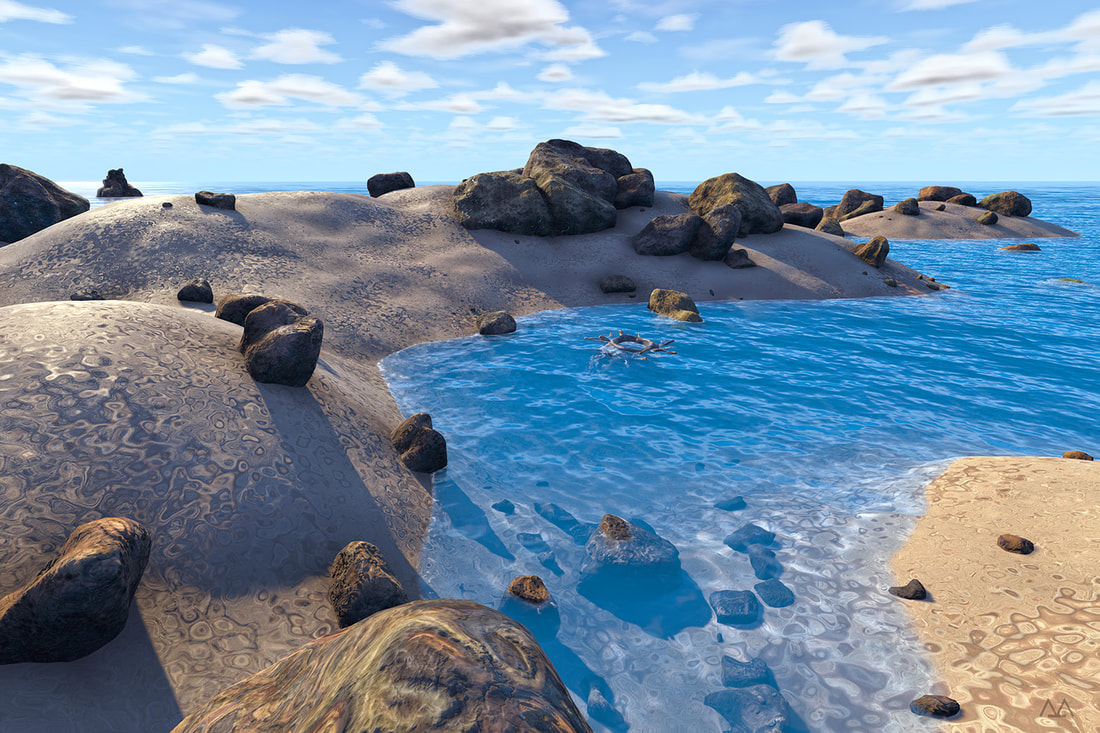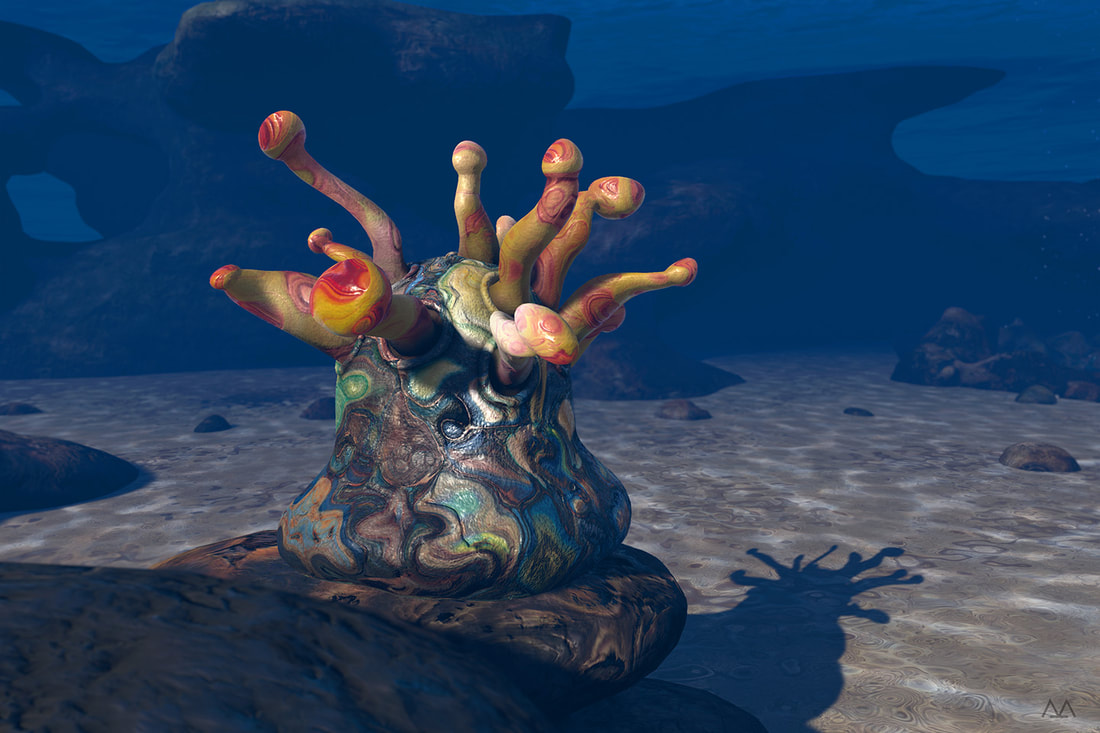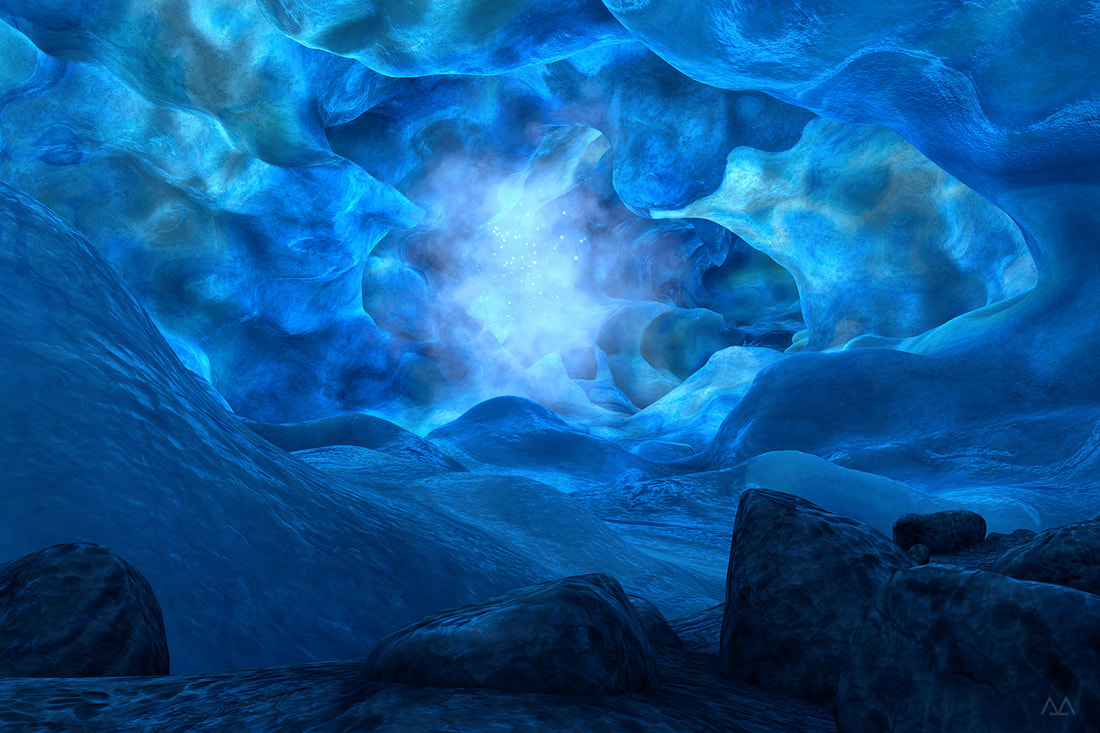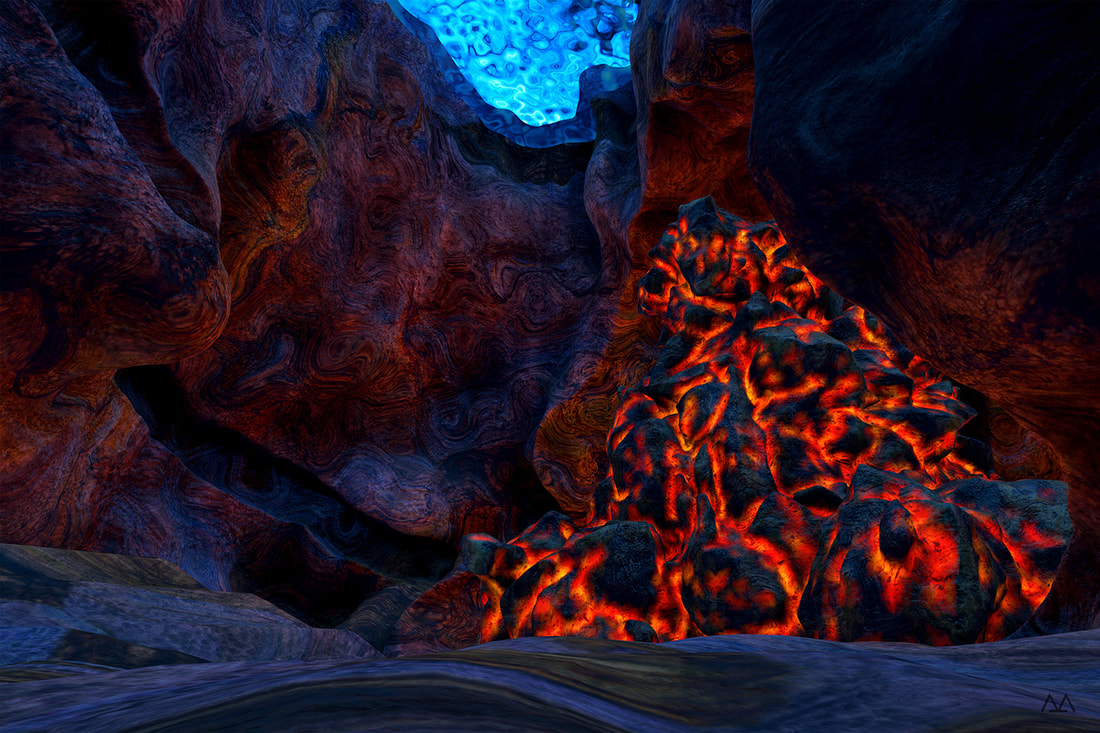Namuanki was an Official Selection of the 79th Venice International Film Festival of La Biennale di Venezia 2022
Namuanki was an Official Selection and was nominated for Best Immersive World at Raindance Immersive 2022
Raindance Immersive - October 26 - November 26, 2022
Raindance Immersive - October 26 - November 26, 2022
Namuanki is an Official Selection and winner of the People's Choice and Technical Achievement Awards at FIVARS -
The Festival of International Virtual and Augmented Reality Stories.
October 28 - November 16, 2022 - https://fivars.net/stories/storiesfall2022/namuanki/
The Festival of International Virtual and Augmented Reality Stories.
October 28 - November 16, 2022 - https://fivars.net/stories/storiesfall2022/namuanki/
Namuanki is now available in VRChat!
Kent Bye and I had an in depth discussion of Namuanki and my work on his Voices of VR podcast - https://voicesofvr.com/1120-kevin-macks-procedural-worldbuilding-vrchat-in-for-venice-immersive-competition/
VR Journalist, Ian Hamilton, filmed this cool video during a tour Namuanki - https://www.youtube.com/watch?v=Qj8Tc1qnp_0&t=1s
Namuanki Synopsis
Namuanki is an ancient aquatic oasis from the distant future, a virtual get-away to an otherworldly reality that's designed to inspire a transcendent experience of awe, mystery, and imagination. Namuanki is an ocean world with rocky isles, labyrinthine rock formations, bizarre lifeforms, and subterranean caves. Visitors can explore the islands and complex rock formations above and below the water and encounter a variety of unique benevolent beings along the way, including Anu, the colossal air whale who floats down from the sky to trumpet his foghorn greeting. Visitors can climb maze-like rock formations and splash into the deep blue ocean from high above. On their climb they can experience mystical visions provided by the wise benevolent stewards of the rocks. Other features include the undersea Chasm of Ki and the rocky tunnels that lead to the Ice-Cave of Feth Fiada that lies deep beneath the ocean floor. The Slope of Shanti and Jester's Garden provide more undersea discovery and mystical visions. This virtual ocean retreat is a therapeutic world of relaxation, exploration, and discovery that entertains as it promotes well-being through spatial presence and the power of awe.
Namuanki is an ancient aquatic oasis from the distant future, a virtual get-away to an otherworldly reality that's designed to inspire a transcendent experience of awe, mystery, and imagination. Namuanki is an ocean world with rocky isles, labyrinthine rock formations, bizarre lifeforms, and subterranean caves. Visitors can explore the islands and complex rock formations above and below the water and encounter a variety of unique benevolent beings along the way, including Anu, the colossal air whale who floats down from the sky to trumpet his foghorn greeting. Visitors can climb maze-like rock formations and splash into the deep blue ocean from high above. On their climb they can experience mystical visions provided by the wise benevolent stewards of the rocks. Other features include the undersea Chasm of Ki and the rocky tunnels that lead to the Ice-Cave of Feth Fiada that lies deep beneath the ocean floor. The Slope of Shanti and Jester's Garden provide more undersea discovery and mystical visions. This virtual ocean retreat is a therapeutic world of relaxation, exploration, and discovery that entertains as it promotes well-being through spatial presence and the power of awe.
The Story of Namuanki
Namuanki is about spatial presence more than narrative storytelling, but like any real place, there is a story behind it.
Namuanki is based on visions of an ancient virtual world in a possible distant future. These visions were transmitted to me by Benevolent Beings known as The Ancient Elders From The Distant Future. The Ancient Elders are an advanced form of self-engineered life that will emerge from the integration of humanity and artificial intelligence. By creating Namuanki, a causal loop is created between our time and their time. This causal loop connects us on a mutual timeline, helping to ensure their eventual existence, and humanity’s future.
Namuanki is about spatial presence more than narrative storytelling, but like any real place, there is a story behind it.
Namuanki is based on visions of an ancient virtual world in a possible distant future. These visions were transmitted to me by Benevolent Beings known as The Ancient Elders From The Distant Future. The Ancient Elders are an advanced form of self-engineered life that will emerge from the integration of humanity and artificial intelligence. By creating Namuanki, a causal loop is created between our time and their time. This causal loop connects us on a mutual timeline, helping to ensure their eventual existence, and humanity’s future.
Inspiration and Process
Like all my work, Namuanki was inspired by visions, nature, and technology. And the abstract. I love shapes, colors, textures, light, and shadow, and the processes that define them. And I love figuring out how to produce complex phenomena using computer graphics. The initial inspiration for Namuanki was ocean, clouds, and rock formations, but I didn’t start with a plan or a specific objective. Namuanki emerged from procedural experimentation and a search for novelty. It was discovered as much as created.
I created Namuanki to inspire awe and imagination. This has always been a primary motivation for my work. Scientific studies have proven that awe, as experienced through art and nature, has significant health benefits. It reduces stress, anxiety, and inflammation, and motivates us to re-evaluate our concepts of reality and self.
I approach virtual reality as an artistic medium in and of itself. I create worlds that are native to virtual reality. Rather than simulate or depict actual physical realities, my worlds are realities in and of themselves. I emulate aspects of reality and nature, but the advantage of VR is that I can pick and choose what aspects I want to emulate and I can alter them.
I like procedural creation methods because they allow me to create a level of complexity that would be extremely time and resource consuming to produce by hand. The procedural approach is very flexible. For example, I can build a process to generate and place hundreds of unique rocks based on rules and randomness. Once I have the process built, I can fine tune it through however many iterations and variations until I’m happy with the results. And if I need to, I can always go in and manually change anything I’m not happy with. The procedural approach lets me both create and discover my work.
Like all my work, Namuanki was inspired by visions, nature, and technology. And the abstract. I love shapes, colors, textures, light, and shadow, and the processes that define them. And I love figuring out how to produce complex phenomena using computer graphics. The initial inspiration for Namuanki was ocean, clouds, and rock formations, but I didn’t start with a plan or a specific objective. Namuanki emerged from procedural experimentation and a search for novelty. It was discovered as much as created.
I created Namuanki to inspire awe and imagination. This has always been a primary motivation for my work. Scientific studies have proven that awe, as experienced through art and nature, has significant health benefits. It reduces stress, anxiety, and inflammation, and motivates us to re-evaluate our concepts of reality and self.
I approach virtual reality as an artistic medium in and of itself. I create worlds that are native to virtual reality. Rather than simulate or depict actual physical realities, my worlds are realities in and of themselves. I emulate aspects of reality and nature, but the advantage of VR is that I can pick and choose what aspects I want to emulate and I can alter them.
I like procedural creation methods because they allow me to create a level of complexity that would be extremely time and resource consuming to produce by hand. The procedural approach is very flexible. For example, I can build a process to generate and place hundreds of unique rocks based on rules and randomness. Once I have the process built, I can fine tune it through however many iterations and variations until I’m happy with the results. And if I need to, I can always go in and manually change anything I’m not happy with. The procedural approach lets me both create and discover my work.
